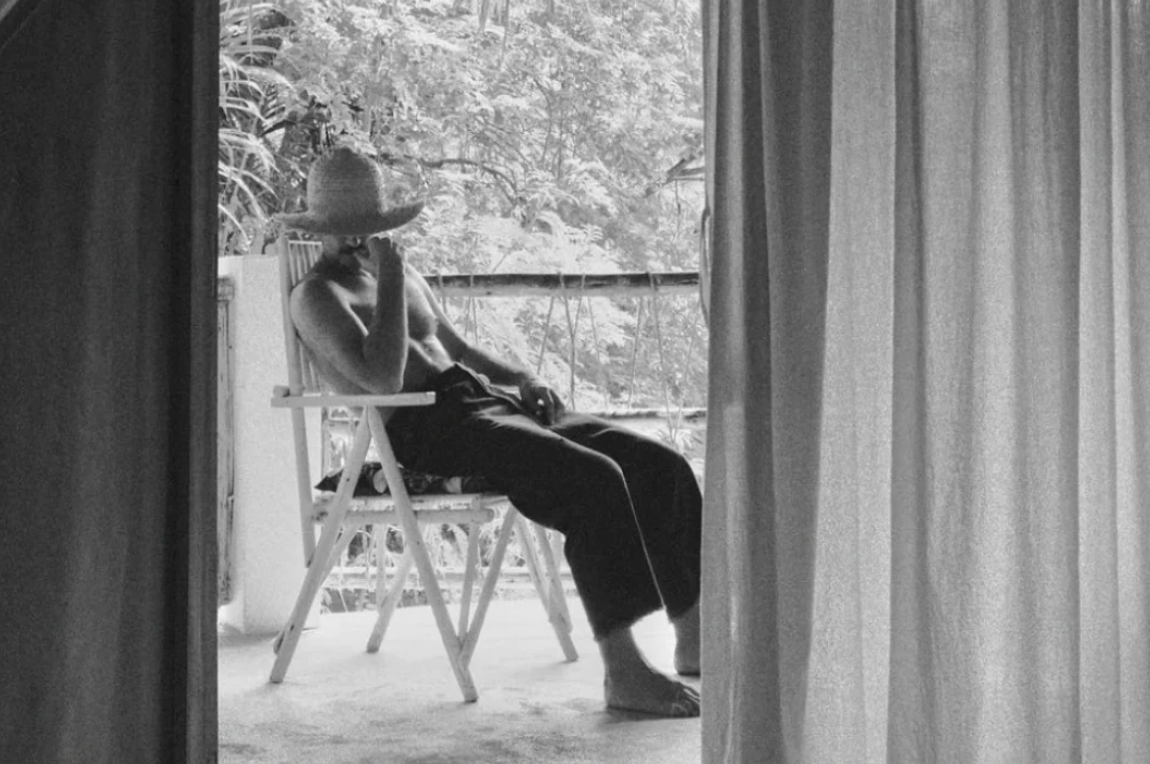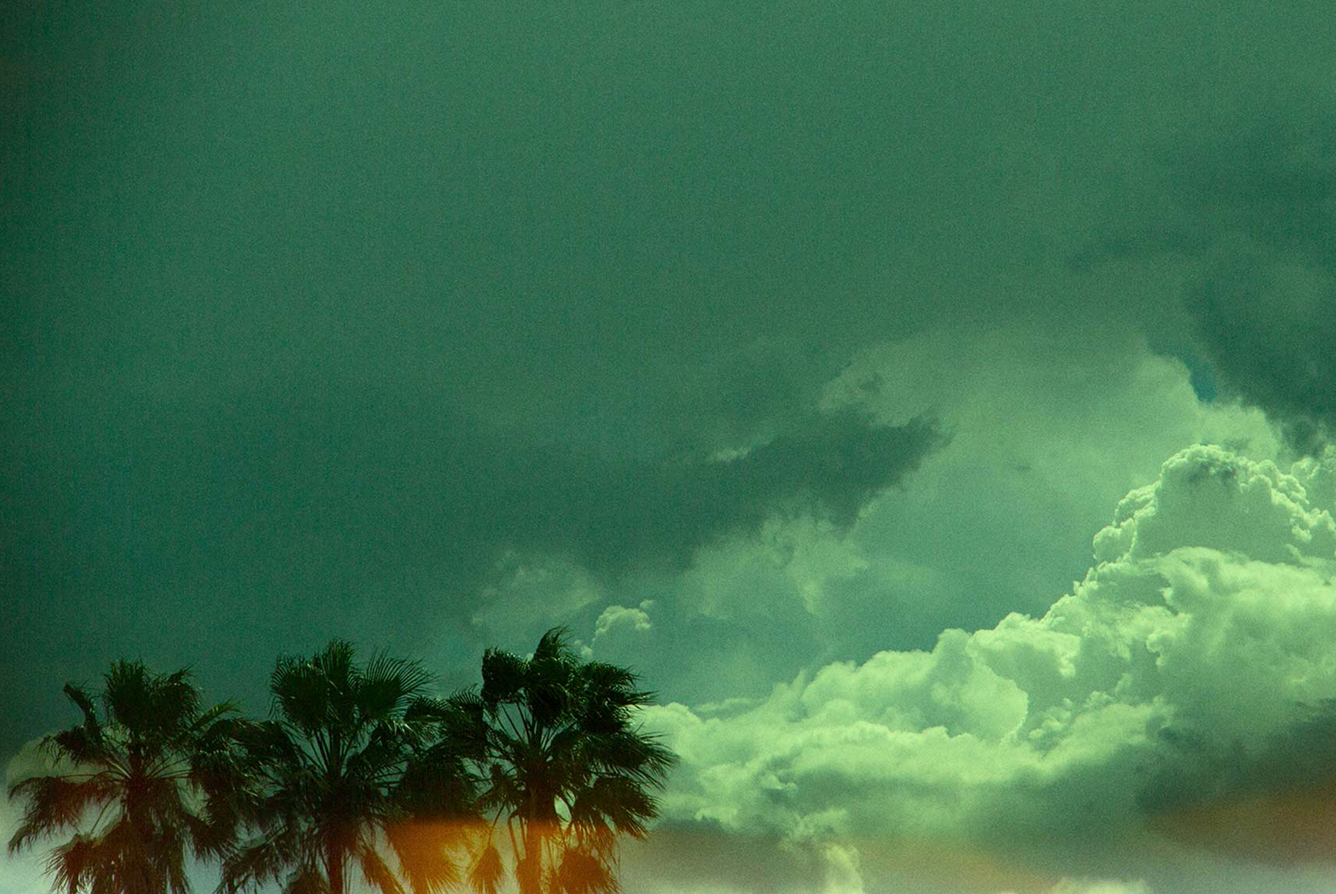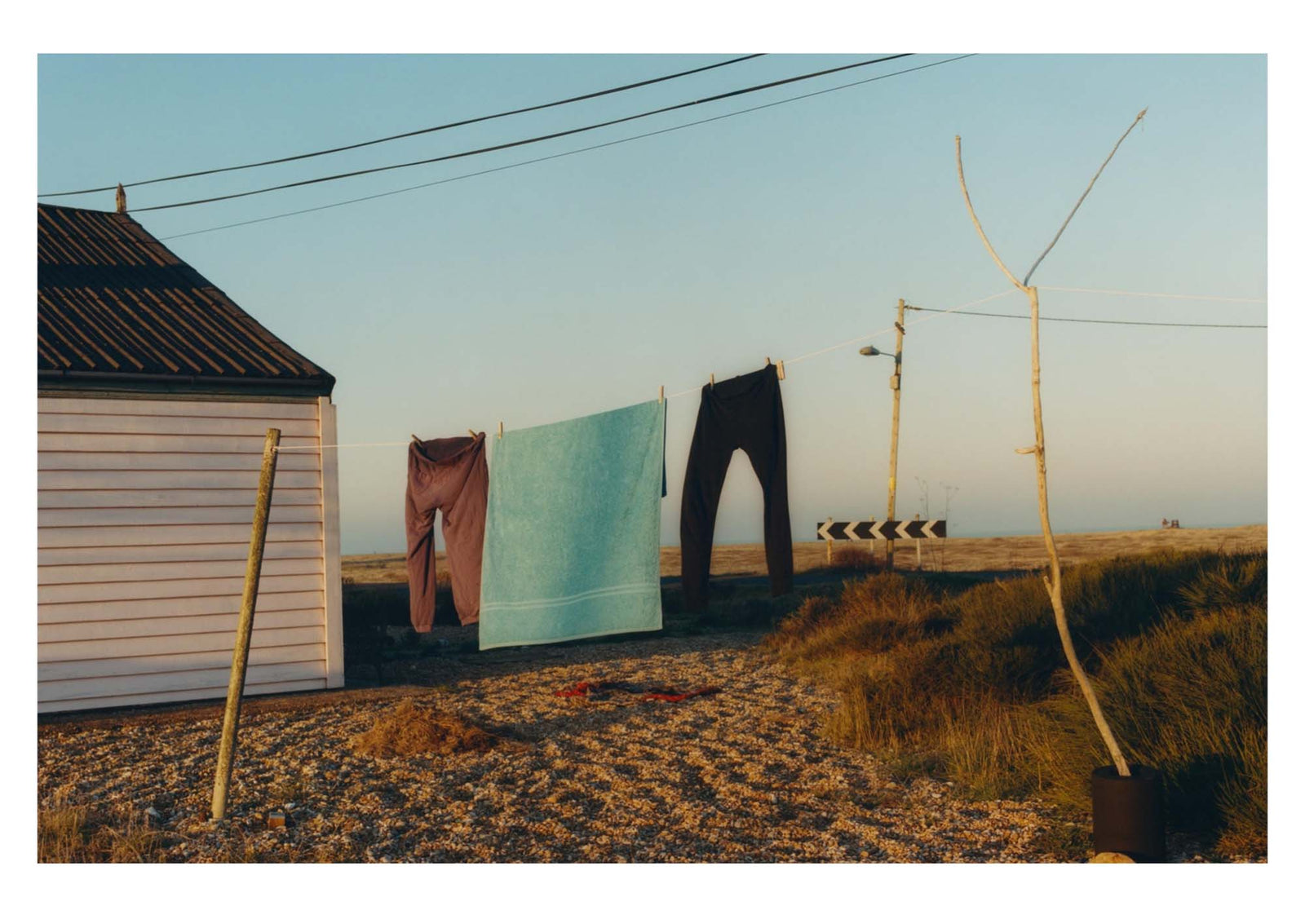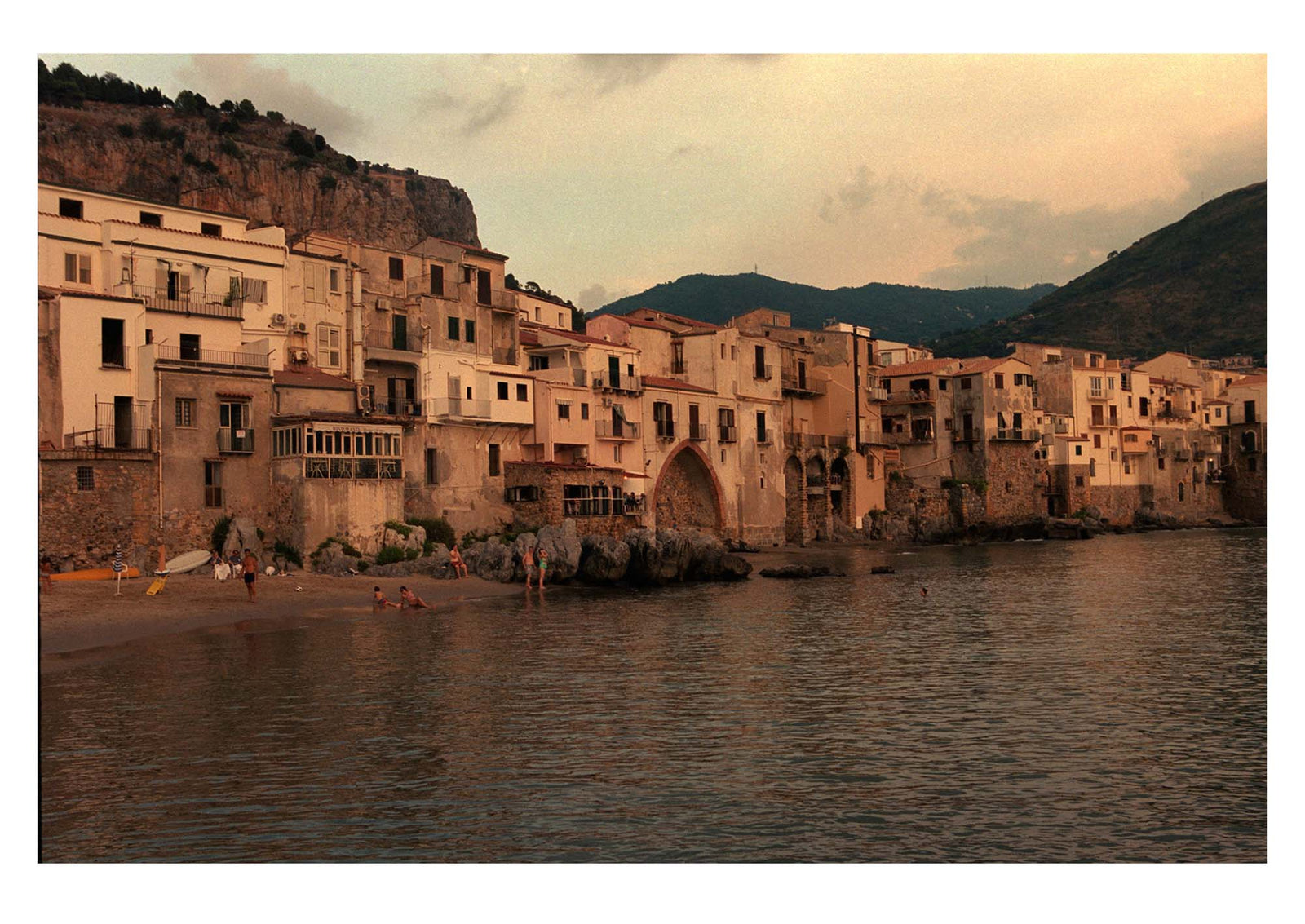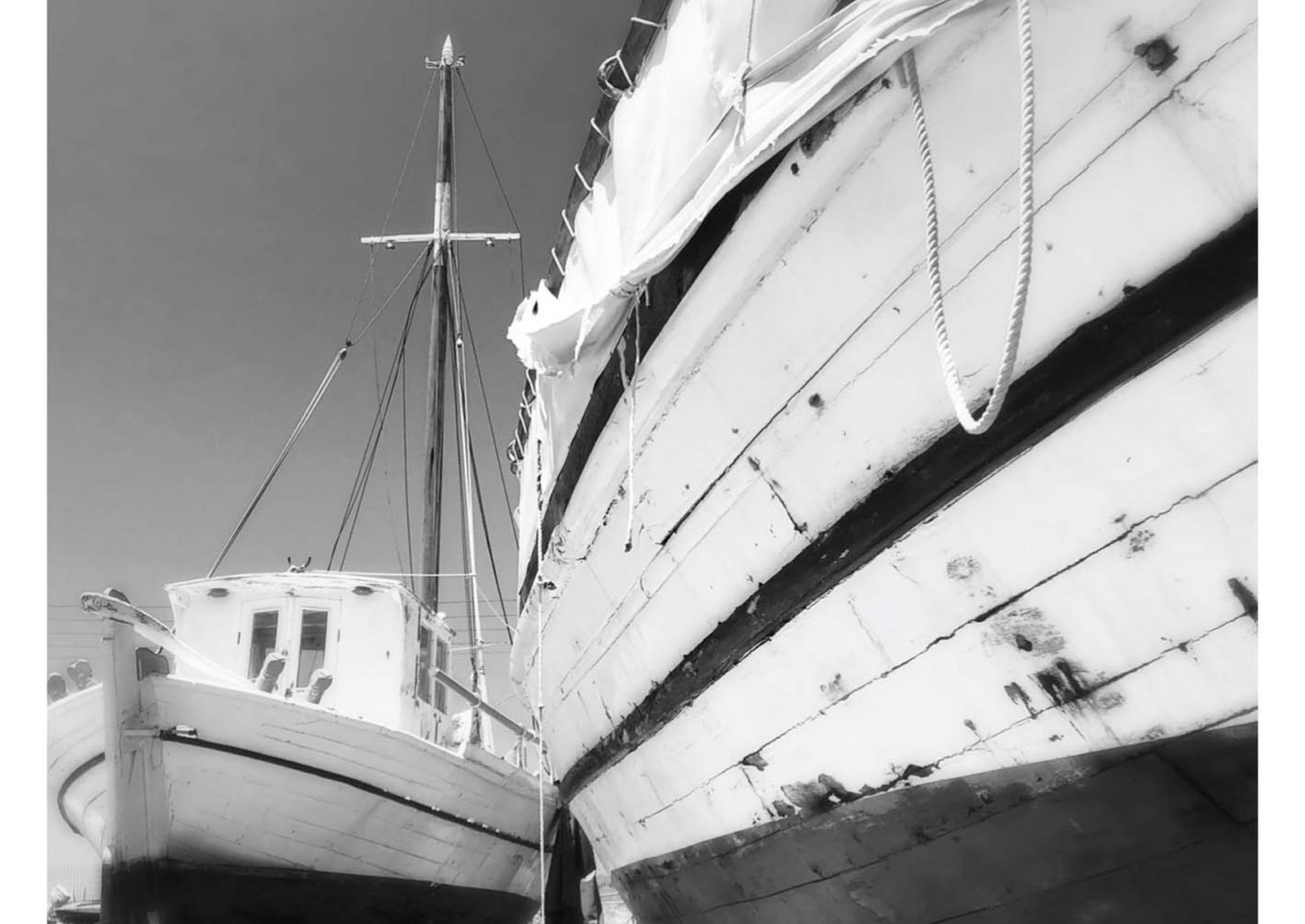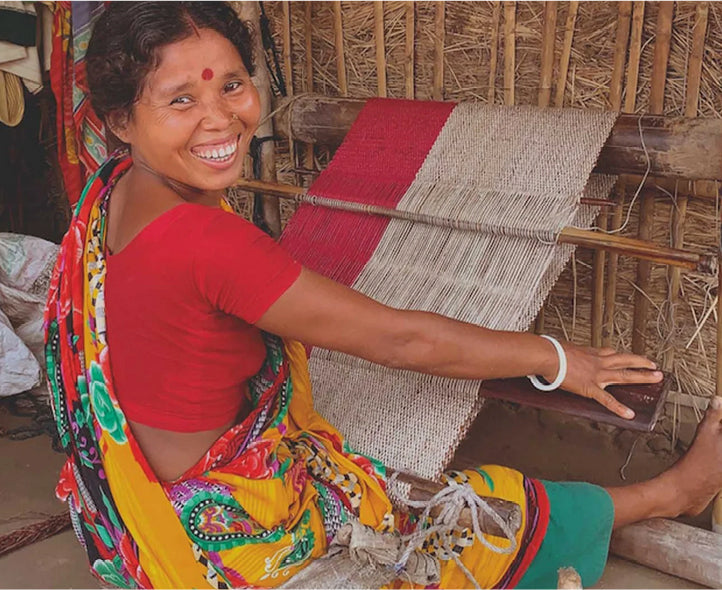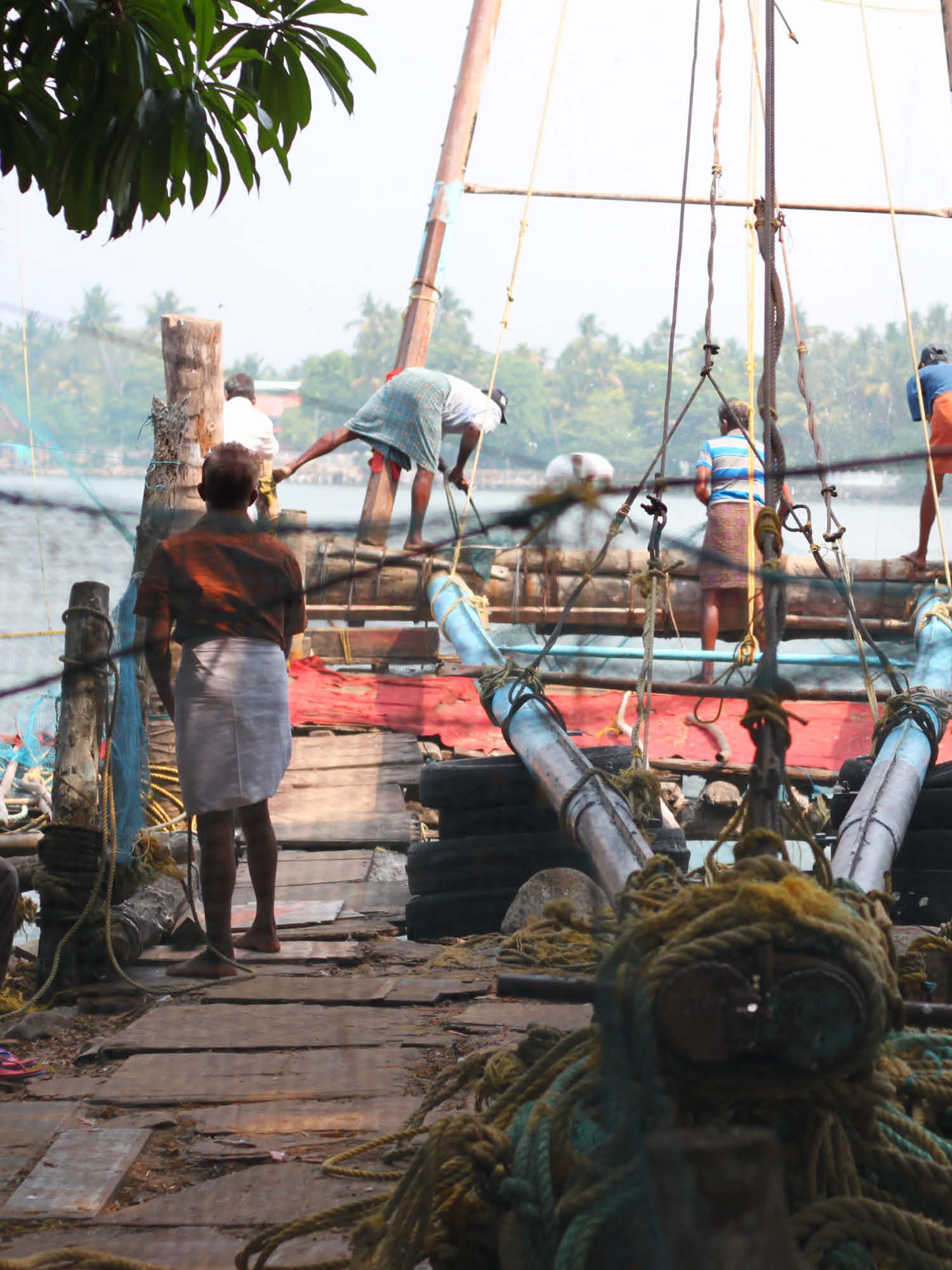There is a reason that the Indian state of Kerala, found on the country’s southwestern tip, is known as God’s Own Country: from undulating cloud-tipped forests and tea plantations in Munnar to the lazy palm-edged lagoons of the famed Keralan backwaters, and a 600-kilometre stretch of uninterrupted coastline, its privileged natural setting is not easily beaten. But Kerala has plenty more to offer besides just good scenery: Kochi, the port city which for centuries was the centre of the country’s spice trade, has a creative energy all its own, home to the Kochi-Muziris Biennale, South Asia’s largest art fair.


